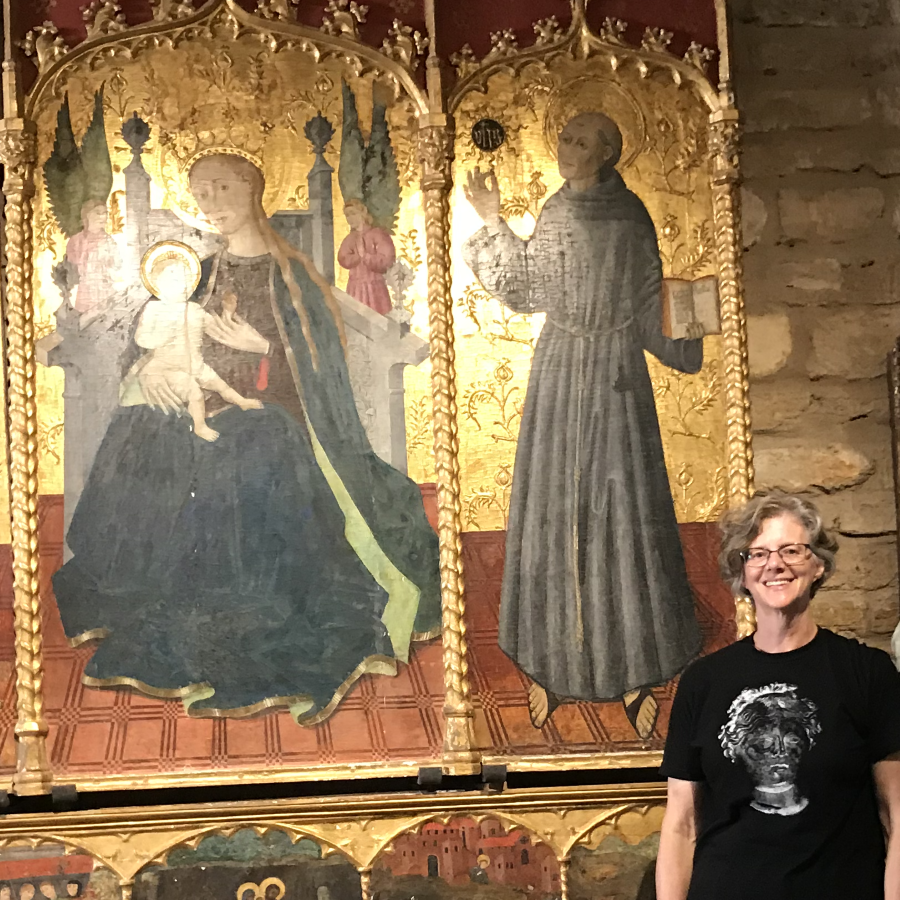 Valerie Walters fell in love with chemistry in college. Originally a biology major at Kalamazoo College in Michigan, she took a Physical Chemistry class and decided to switch gears, eventually going on to receive her PhD in Physical Chemistry from Yale University. Her research at Yale involved vibrational spectroscopy of small organic molecules.
Valerie Walters fell in love with chemistry in college. Originally a biology major at Kalamazoo College in Michigan, she took a Physical Chemistry class and decided to switch gears, eventually going on to receive her PhD in Physical Chemistry from Yale University. Her research at Yale involved vibrational spectroscopy of small organic molecules.
She went on to teach at the college level in Pennsylvania for several years—first at Lafayette College where she earned tenure and promotion to associate professor, and later as a visiting associate professor at Haverford College alongside her husband, who also taught chemistry at Haverford. After teaching for so long, however, she felt that it was time for a change. She went back to school to get her Master of Science in Library and Information Science from Drexel University and started a consulting business.
When her husband was offered the position of Dean of the College of Arts and Sciences at Lewis & Clark, the couple moved to Portland, where Walters began her career at UP. Since 2012, she has led students in engaging research projects and in-depth chemistry courses, including 6 years as a faculty participant of the UP PURE (Pollentia Undergraduate Research Expedition, later the UP RAP (Research & Archaeology at Pollentia) program, in Mallorca Spain. As part of the program, in which students assisted with the excavation of tombs in the Can Fanals necropolis, she led students in research on ancient materials, primarily pigment analysis of ancient paintings. “This analysis helps us to understand what materials the artist had at their disposal, which can provide insight into medieval trade routes,” she explains.
The intersection of art history, the ancient world, and chemistry has long been a passion of hers, one that she has passed on to countless students in her Chemistry and Art courses over the years (at UP, Haverford College, and Lafayette College). Additionally, with the help of UP students, she has conducted pigment analysis on illuminated manuscripts in partnership with the UP Clark Library. It is her research experiences with UP students that stand out to her as her proudest achievements at UP. “I like to think that those experiences will help them in their careers,” she says.
Her retirement plans are still in progress for now, but she looks forward to spending more time in Michigan, her home state, and enrolling in German courses. She’s also not done with chemistry — she will be a UP Visiting Scholar for two years after retirement, finishing up past research and starting new research with her husband at Lewis & Clark.